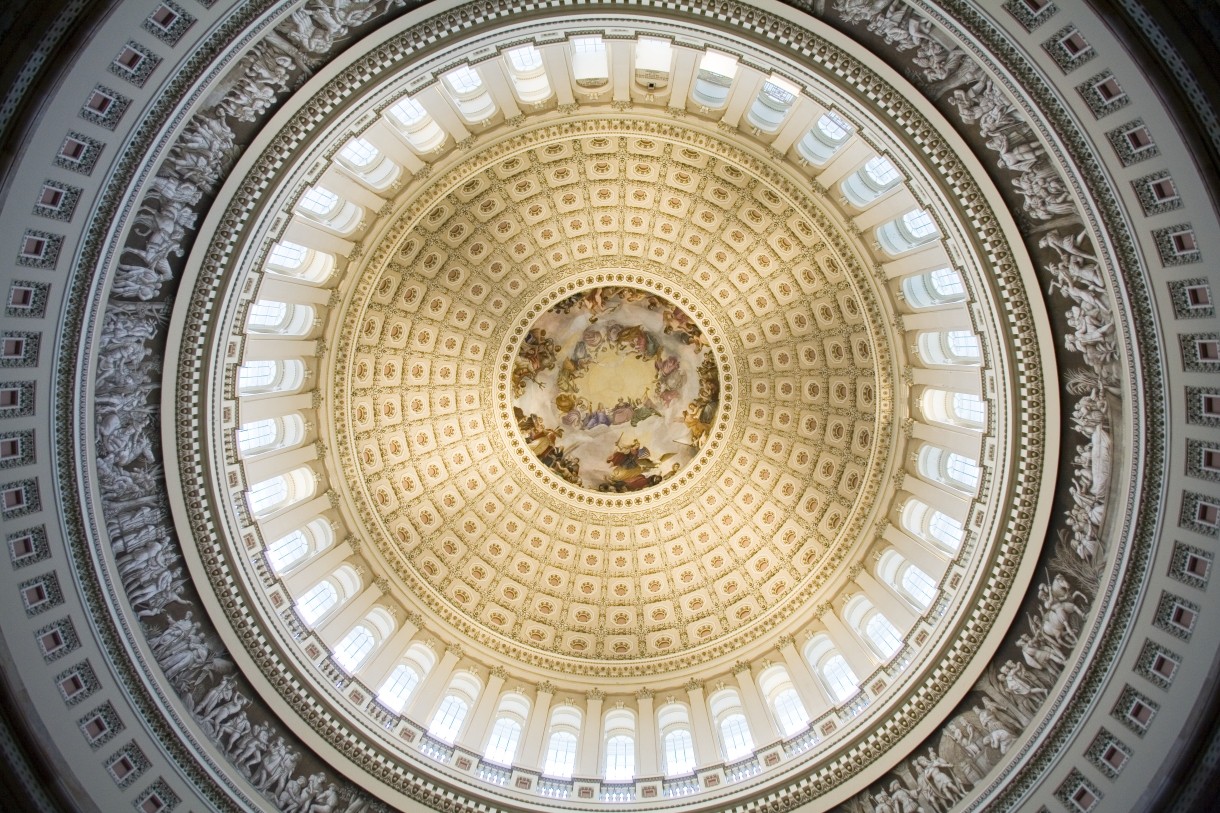Is it time to examine long-standing views on executive equity allocation strategy and all-employee ownership opportunities?
Insights and Research
The Pearl Meyer team includes industry experts with deep knowledge and experience in all aspects of compensation and leadership. Here they provide valuable insight on emerging issues and developing trends. They offer compelling solutions for challenging situations and advice on maximizing opportunities. Read on and learn more about how Pearl Meyer’s team can help you connect pay, people, and performance.














